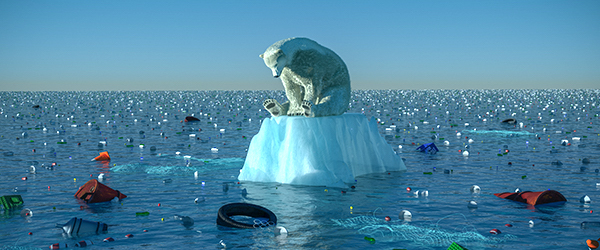
Climate Change. A long-term shift in average weather patterns, such as temperature, precipitation, or wind patterns, that occurs over several decades or longer. These changes can be natural, like those caused by volcanic eruptions or changes in the sun’s activity, or human-induced, or anthropogenic.

Human activities, such as burning fossil fuels like oil, coal, and gas, have been the main driver of climate change. When fossil fuels burn, they release greenhouse gases, like carbon dioxide (CO2), which trap heat in the atmosphere and cause the planet to warm.
Climate change can affect regions and cities in different ways. For example, a region’s average annual rainfall might change, or a city’s average temperature for a particular season or month might change.
Climate change can also have other effects, such as shrinking glaciers, which melt faster as air temperatures rise. As the Earth’s temperature increases, air quality can also worsen, with higher levels of smog, soot, and allergenic pollutants like pollen and mold.